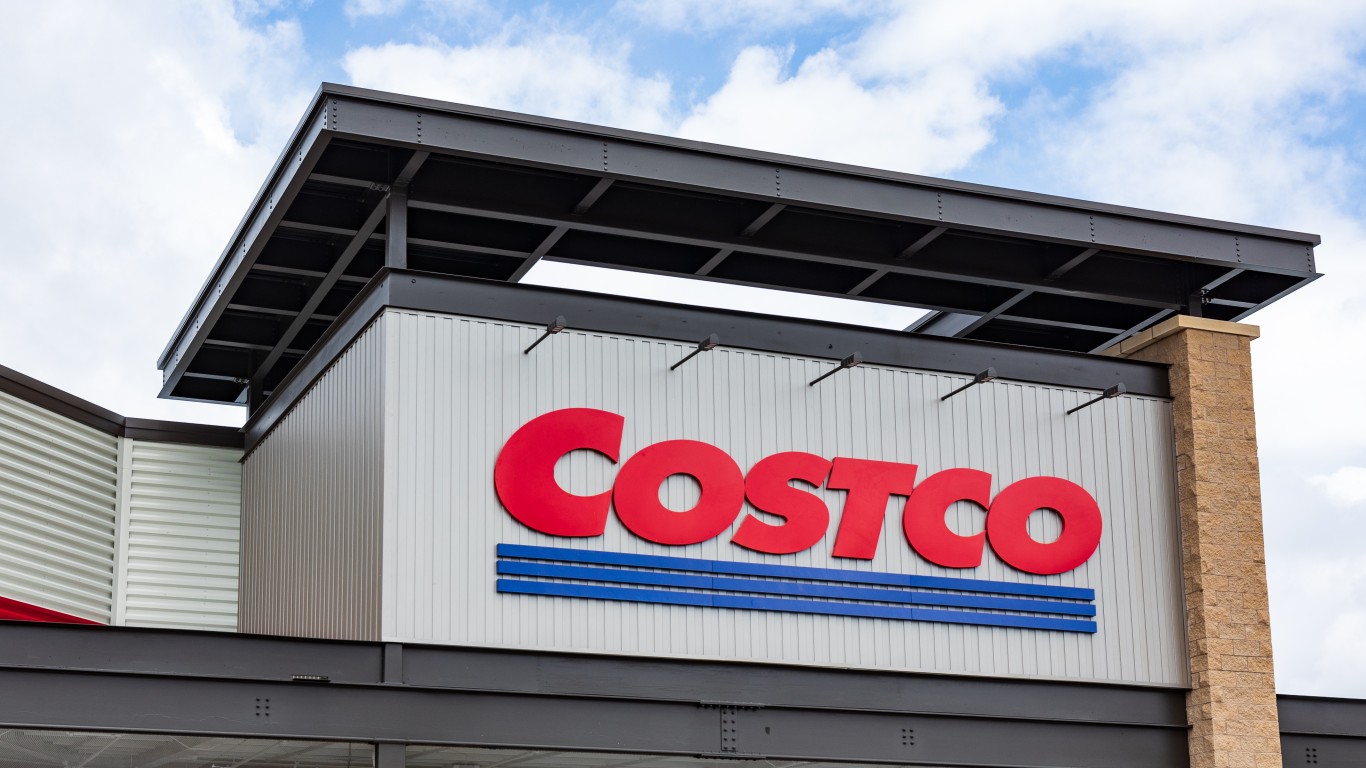 Many forecasts expect consumer holiday spending to rise this year. An equally impressive set of data forecasts that it will not. The difference in the two points of view shows how challenging it is to predict what any large group of people will do. This year, shoppers nationwide are under tremendous economic stress. That may make predictions more difficult still.
Many forecasts expect consumer holiday spending to rise this year. An equally impressive set of data forecasts that it will not. The difference in the two points of view shows how challenging it is to predict what any large group of people will do. This year, shoppers nationwide are under tremendous economic stress. That may make predictions more difficult still.
Deloitte’s annual holiday survey shows that “Shoppers plan on spending an average of $395 on gifts this year, which is a 15 percent decrease when compared to the average gift spending of $466 in 2010.” The prospects of many retailers will be ruined if that forecast turns out to be true. Stores will be shuttered and people put out of work. The silver lining is that people who make more than $100,000 a year are less likely to cut the dollars they will spend compared to last year. But this group makes up only a small portion of Americans.
UPS (NYSE: UPS) recently announced that it will hire 55,000 people to help it transport packages during the holiday season. The freight company reports that “UPS expects to deliver more than 120 million packages around the world this year in just the last week before Christmas, up more than 6 percent compared to the 113 million delivered during last year’s ‘peak week.’” The expectation is that holiday sales will improve overall. “Early indications point to a solid holiday shopping and shipping season,” said Alan Gershenhorn, UPS chief sales and marketing officer.
The most important forecast about holiday sales probably comes from the National Retail Federation, because its members number in the thousands. The association predicts that overall sales in the U.S. will rise 2.8% to $466 billion.
The only reasonable explanation for the difference between the UPS prediction and many others is that e-commerce companies will do far better than brick-and-mortar stores. All of the products sold by firms like Amazon.com (NASDAQ: AMZN) have to be delivered by shipping firms. It is an interesting theory, but not one that UPS, Deloitte or the NRF mention at all. That may be because they cannot accurately predict the difference between how well e-commerce companies and traditional retailers will do.
No one appears to know how the holiday season will go this year. Too many consumers feel poor. Too many believe the economy will not get better next year. Too many are concerned about their jobs. Forecasts in this environment are no better than a guess.
Douglas A. McIntyre
It’s Your Money, Your Future—Own It (sponsor)
Retirement can be daunting, but it doesn’t need to be.
Imagine having an expert in your corner to help you with your financial goals. Someone to help you determine if you’re ahead, behind, or right on track. With SmartAsset, that’s not just a dream—it’s reality. This free tool connects you with pre-screened financial advisors who work in your best interests. It’s quick, it’s easy, so take the leap today and start planning smarter!
Don’t waste another minute; get started right here and help your retirement dreams become a retirement reality.
Thank you for reading! Have some feedback for us?
Contact the 24/7 Wall St. editorial team.



